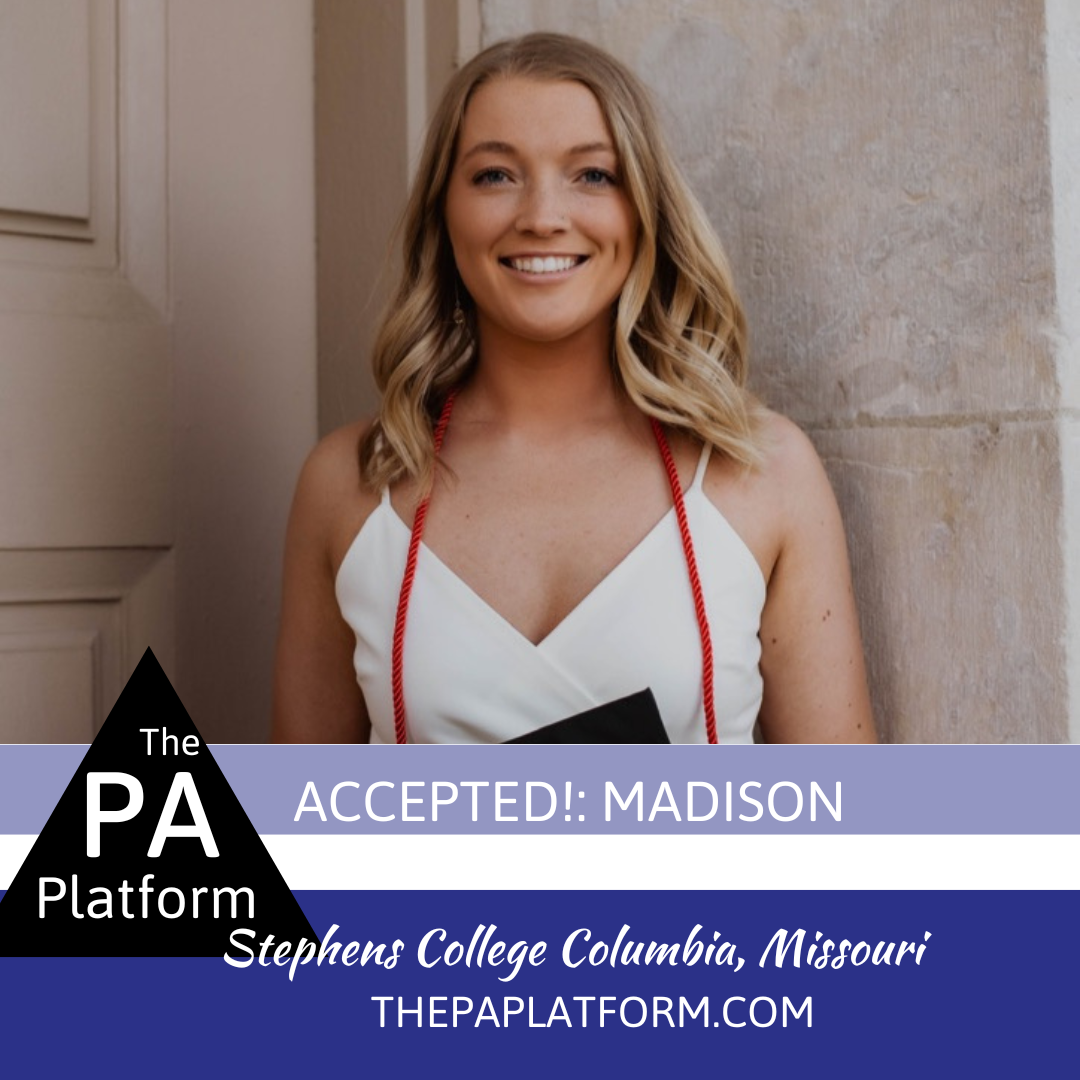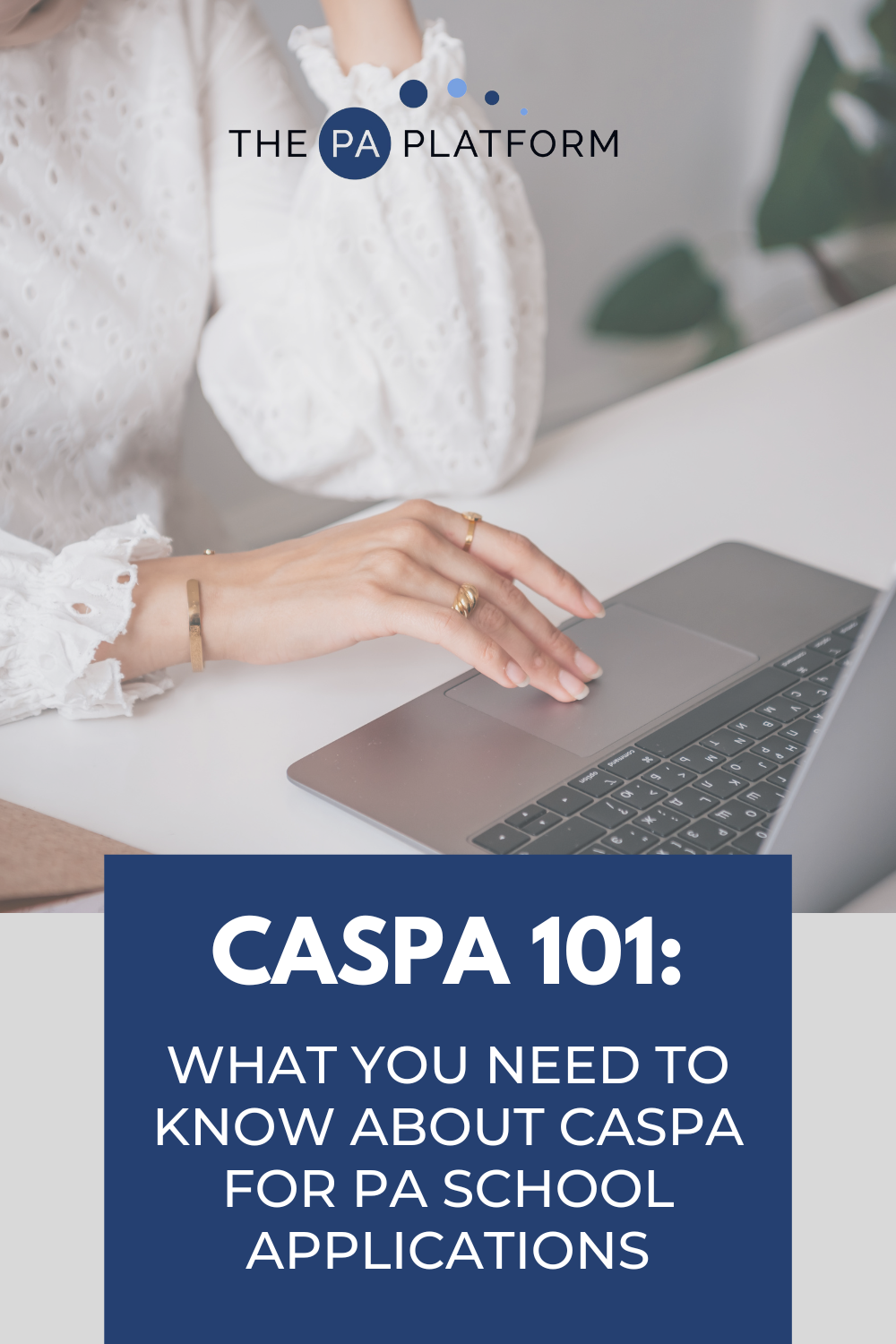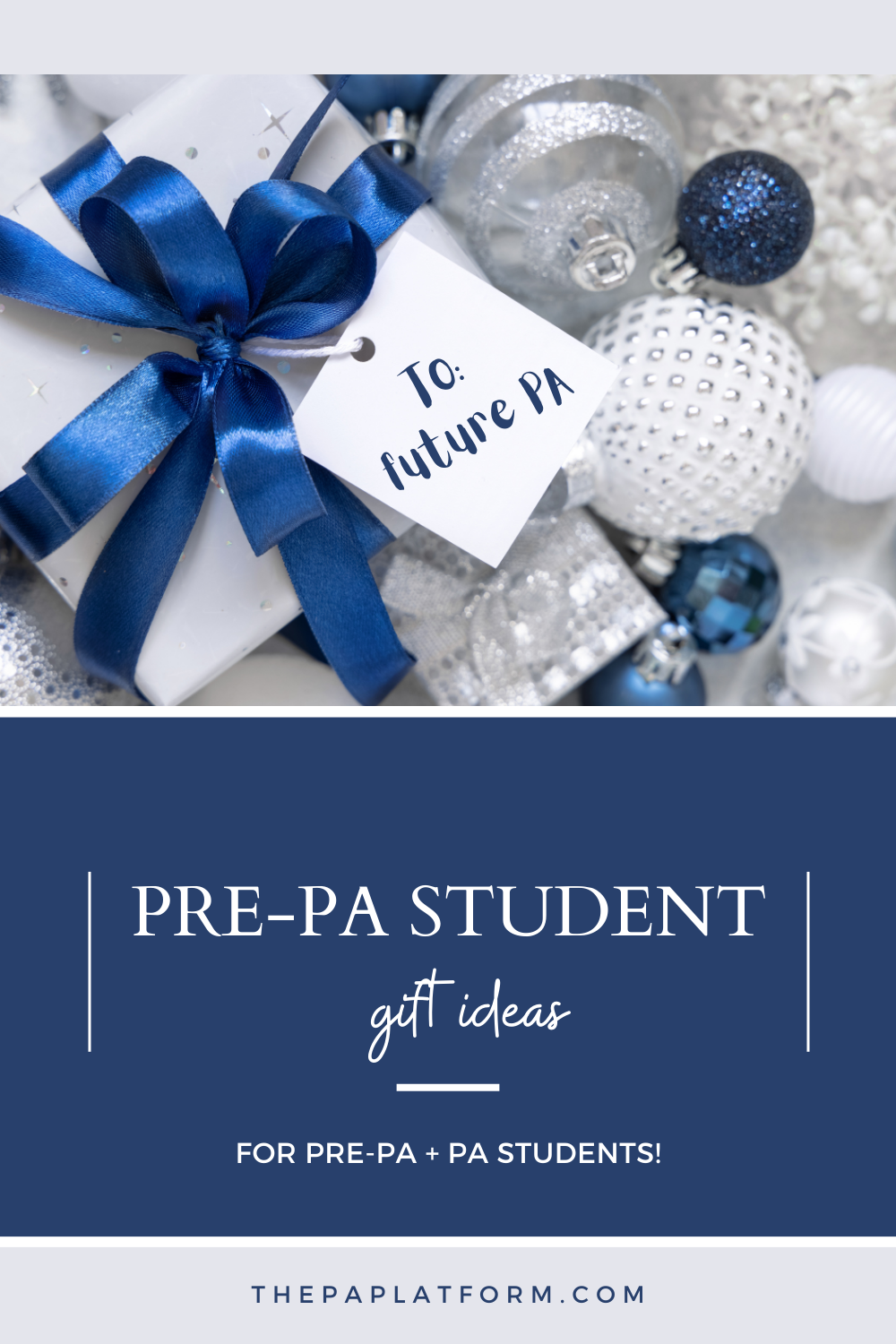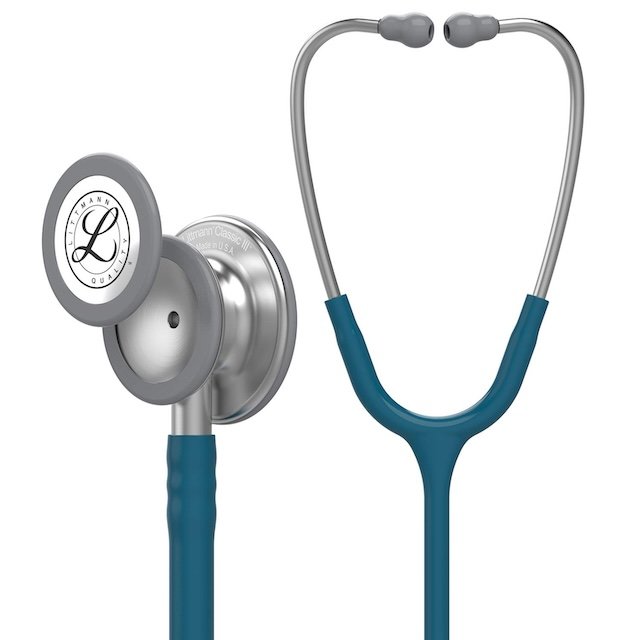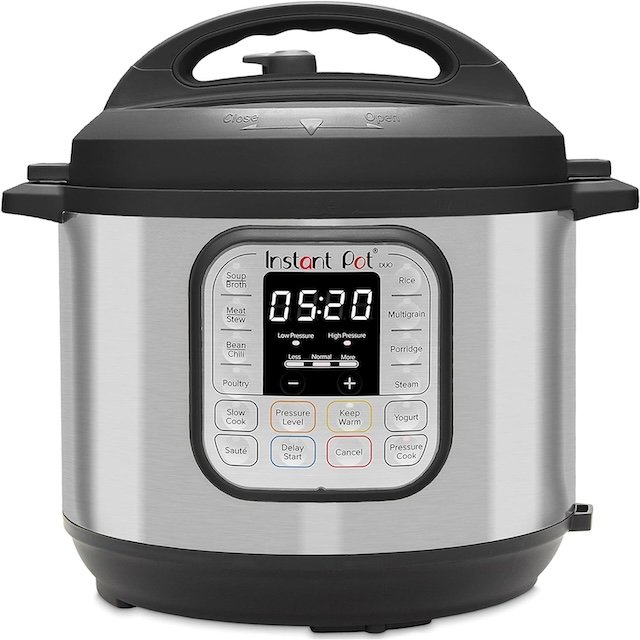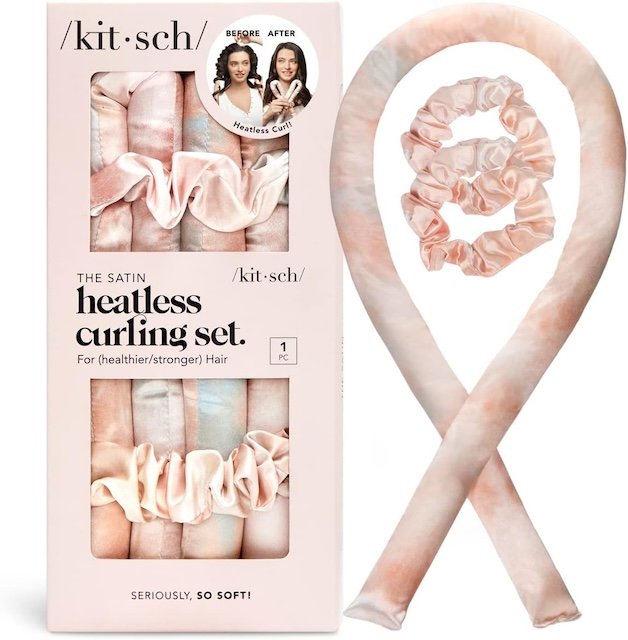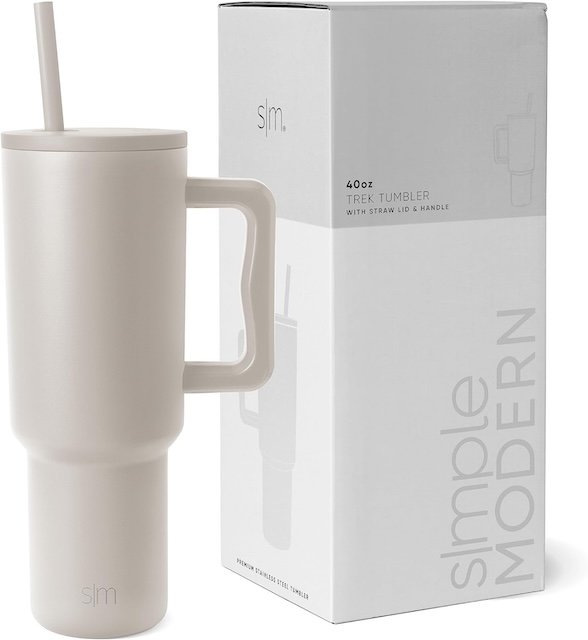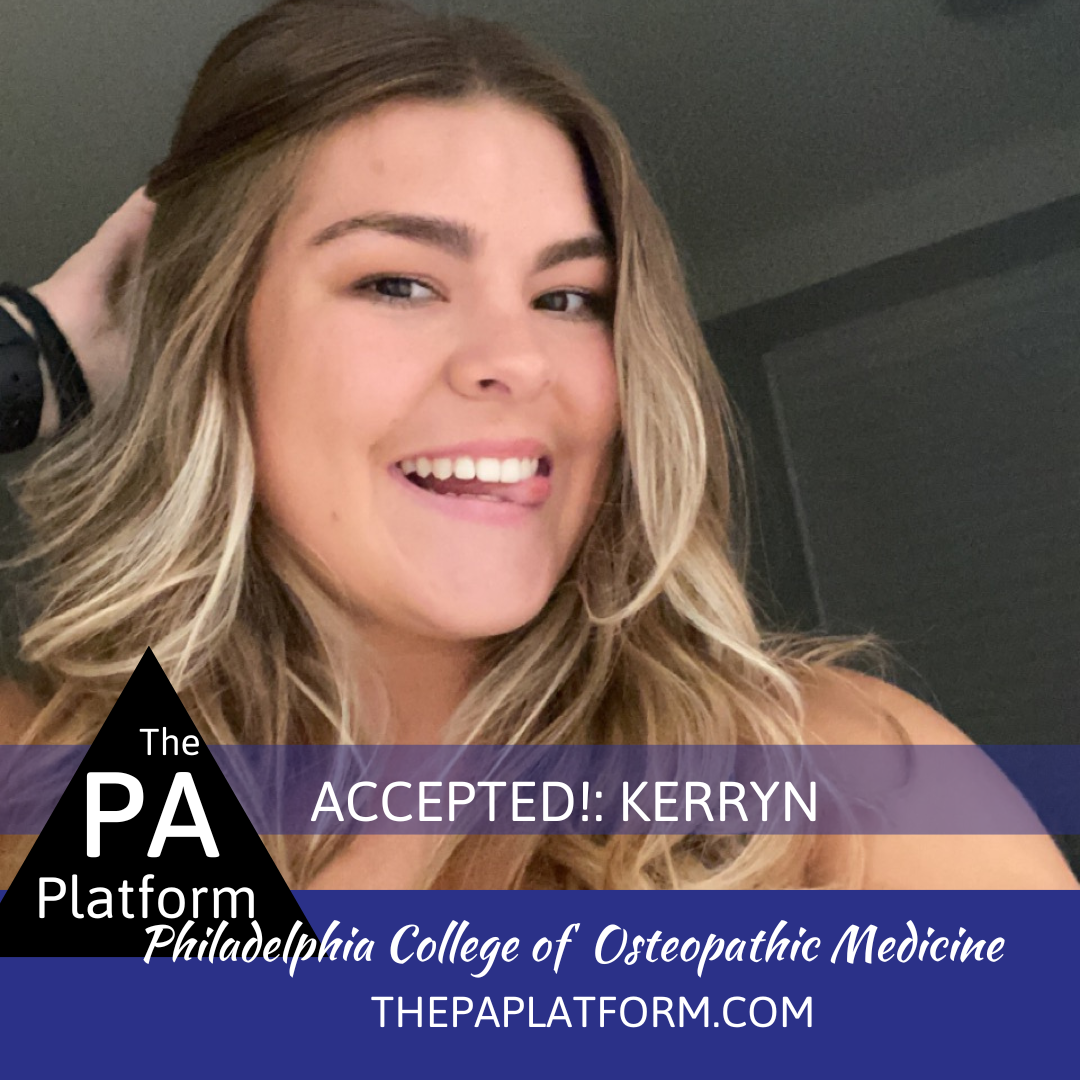We all love another test added to physician assistant school application requirements, right? Just kidding! But the Casper test is pretty unique in that you can’t really study for it. If your eyes just bulged a little, don’t worry. I’m going to break down everything you can do to prepare and what you need to know going into this exam.
To start off on a positive note, think of this exam as an opportunity to show the admissions committee a little more about who you actually are outside of grades and stats, which hopefully gives you a higher chance of getting an interview or acceptance. Some programs are also requiring the entire Altus Suite, which is a combination of assessments - Casper, Snapshot, and Duet. We’ll cover those here as well.
What is the Casper test?
First of all, the Casper test is behavioral based and meant to judge your responses to ethical and difficult scenarios in a time-based manner. This makes it different than a strategy or knowledge-based test like the GRE or PA-CAT that are also sometimes required for PA school applications. Essentially, due to entering a profession in healthcare as a PA where you will inevitably be faced with some very difficult situations, schools are looking for a way to assess your on-your-feet decision making skills. The exam currently costs $40 to take and $12 to send to each additional PA program.
During the test, you’ll complete two sections. One where you type responses and the other where you record a video response. Some of the scenarios are word-based and some are video-based. This can feel very strange if you aren’t used to frequently typing or videoing yourself. Each of the presented scenarios will be followed by 3 open-ended questions, and you will have 5 minutes to respond to each of the questions if typing, or 1 minute to respond by video. Expect the exam to take around 2 hours to complete.
You will need a computer with a webcam and microphone to participate in the Casper test. This may also be necessary if you do virtual interviews, so we have a few that we recommend in our Amazon store. This test doesn’t happen in a testing center, so you’ll need a quiet place at home or if that’s not an option, see if your local library or university has a room you can rent.
Why do PA schools use the Casper test?
The PA school application process has portions that are objective and portions that are subjective. When assessing an applicant on paper, it can be difficult to narrow down the field to a select few that will receive interviews, and even fewer that will receive acceptances. The academic preparedness is extremely important, and can be demonstrated through grade performance, but that doesn’t often show personality. On the Casper website, you’ll find a list of the qualities Casper assesses for, which includes: collaboration, communication, empathy, equity, ethics, motivation, problem solving, professionalism, resilience, and self awareness.
Schools use the scores from the test as a way to look for red flags and as just a piece of the decision making process when forming their classes. As with all of the application sections, each program is going to put different weights on different parts of the application, and some may look at the Casper exam more heavily than others. At the time of writing this article in 2022, there are 49 PA programs requiring the Casper exam.
Can you study for the Casper test?
Practicing skills such as typing responses to questions on the spot and videoing yourself are ways to feel more comfortable with the format of the exam. This may not improve results necessarily, but familiarity will lead to more readiness on test day. Make sure to do a system check with the software and all of your equipment to avoid any technical issues.
There is a free practice exam on the Casper website and I highly recommend taking that before your real thing to help you get a bit more comfortable with the process and what to expect. If you have a copy of the PA School Interview Guide, check out the chapters on MMI and Ethical questions to help prepare for the content of the Casper exam. It seems like the timing of the exam is what causes many people to struggle when discussed in the Pre-PA Club Facebook group. Make sure to take this into account when you’re preparing, and if you feel you “messed up” in one section, be ready to let it go quickly and move on to the next question.
A few simple tips are to smile, sit up straight, and make sure you’re comfortable. Nerves are normal, just like with an interview, but you can’t let them stand in the way of your performance. Spelling is not considered in your typed responses, so don’t worry about that too much. The Casper FAQ states that typed responses can be either bullet or paragraph form so I would practice both to see which you prefer.
When should I take the Casper test?
If a school requires the Casper exam, it should be stated on the PA program website, along with any notable deadlines or test dates. It is recommended that you sign up at least 3 days before your desired test date to make sure you have time for verifying your identity and any payment issues. Testing accommodations are available, but must be requested with documentation 3 weeks before your exam. Scores can take 2-3 weeks to be distributed to programs, and are sent automatically to the programs you assign.
It’s important to note that Casper scores are only good for one application cycle, so if you do need to reapply later, you would also potentially need to repeat the exam.
What is a good Casper score?
The scoring of the Casper exam is interesting because it is actually rated by a team of people. Anecdotally, I previously graded standardized 8th grade essays in Georgia before I started PA school, and I imagine the training and scoring system are similar. We had to extensively go through essays to train and qualify by scoring a specific set of essays and continually had quality checks throughout scoring. Each rater scores a different scenario, which is somewhat similar to an MMI style interview, but schools will not see your individual responses to questions.
One thing about the Casper test that is a little different is that you will not receive a score, but a quartile that shows your performance relative to your peers for the typed part of the exam. This is similar to how the PANCE is scored. Only the schools will see how you did and will have their own criteria on what makes a “good” Casper score.
Is the Casper assessment hard?
While there’s no material to study, the Casper exam isn’t “hard” in that sense. On the other hand, it’s a fast paced judgment test, and that may be stressful. I recommend using all of the time given to respond and practicing ahead of time by thinking or writing out your responses to questions. Using MMI techniques to show versus tell will also be helpful to make sure you are fully covering everything for each prompt.
Can you fail the Casper test?
It wouldn’t necessarily be considered failing, but there is a chance that your score falls in the lowest quartile for the typed section, and this is the only information you’ll have access to. Don’t let that get you down too much though because the video section is not included in this and you may have done well in that portion. You cannot retake the Casper exam more than once in the same application cycle.
What is Snapshot and Duet?
Other parts of the Altus Suite assessment, outside of the Casper test, include Snapshot and Duet, and these are also being required more regularly now. Snapshot is basically a video interview, but no one is actively asking you questions. You know how I always say to practice interview skills by videoing yourself? That’s also a great way to practice for Snapshot. The sample questions listed for the Snapshot portion are very similar to traditional interview questions that frequently come up.
Duet is similar, but more specific to a program and will help to show how a program fits what you specifically are looking for. We never want to apply on stats alone, but on a connection to feeling a program is a mutual great fit.
These parts of the assessment are included when you sign up for Casper, so even if a program you’re not currently applying for doesn’t require them, it may be in your best interest to complete these portions in case you need them later. Each section should only be an extra 15 minutes or so, and these parts can be completed anytime after you book Casper and within 14 days of actually taking the test.







